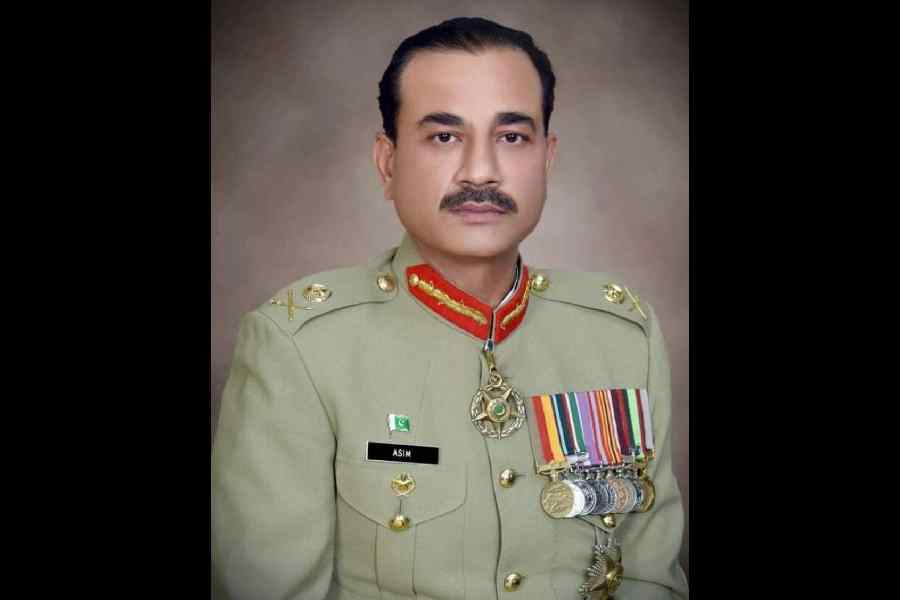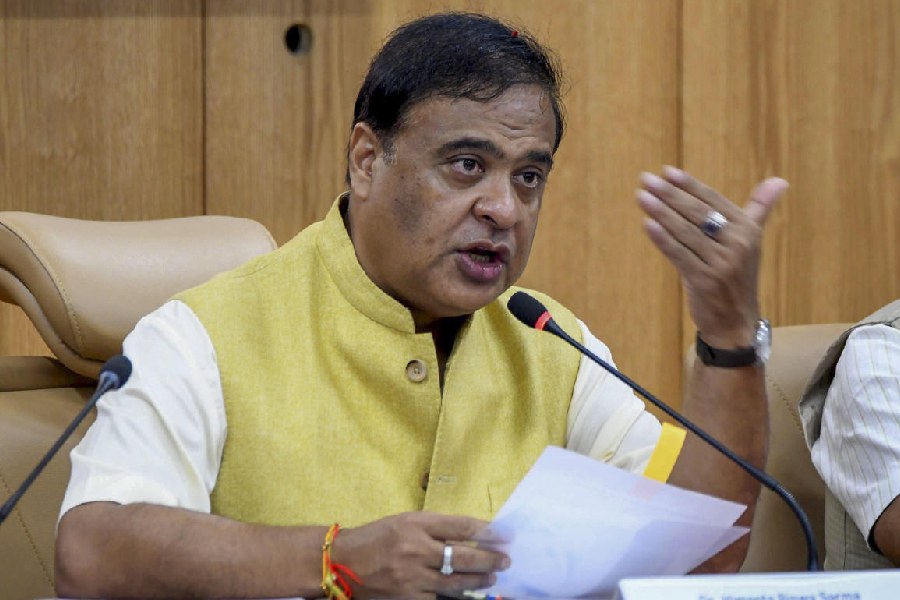The Pakistan government on Tuesday decided to promote the army chief, General Asim Munir, to the rank of Field Marshal for his role in the recent conflict with India, making him the second top military officer in the country’s history to be elevated to the position after General Ayub Khan close to 60 years ago.
The decision to promote Gen. Munir was taken at a cabinet meeting chaired by Prime Minister Shehbaz Sharif, according to an official statement.
“The Government of Pakistan has approved the promotion of Gen. Asim Munir (Nishan-e-Imtiaz Military) to the rank of Field Marshal for ensuring the security of the country and defeating the enemy based on the high strategy and courageous leadership,” the Prime Minister’s Office said.
Anomalous though it may sound for a Punjabi-dominated nation as Pakistan, Munir is the first ethnic Punjabi boss of Rawalpindi’s General Headquarters (GHQ) to have ventured a military assault on India.
Munir, whose ancestral roots lie in Jalandhar in Punjab, is also reputed to have memorised the Quran during a stint as a junior military official in Saudi Arabia. That makes him a Hafiz by theological title — Hafiz Asim Munir. As a boy, he also attended the Rawalpindi seminary and could well be the first madrasa-educated Pakistani chief of army staff. He comes from a family of “high-born” Syeds, who trace their ancestry directly to Prophet Mohammed, and who migrated to Pakistan in 1947.
He is often reported speaking to the Pakistani soldiery with an accent quite removed from the military training and traditions of the UK’s Sandhurst Royal Military Academy, where generations of Indian and Pakistani officers have been trained.
Gen. Munir speaks a more theological language of war and its purposes, and speaks very often, in a break from tradition, in his native Punjabi.
It could also be of some significance to his mental and psychological make-up that Munir graduated as an army man while Gen. Zia-ul-Haq, who Islamicised Pakistan, was still in power.
Munir’s sabre-rattling speech in Islamabad reviving Mohammed Ali Jinnah’s “jugular vein” analogy for Kashmir preceded the Pahalgam terror assault — the trigger to Operation Sindoor and its military riposte by Pakistan — by barely a week.
Munir’s promotion comes over a week-and-a-half after the Indian and Pakistani militaries reached an understanding on cessation of military actions after four days of intense hostilities.
The Indian military maintains that it was Pakistan that requested that India halt its operations after eight of its military installations were targeted on May 10 in response to Pakistan’s attempts to cause harm to Indian military bases.
The Field Marshal’s post being largely ceremonial, Munir will remain the army chief.
The Pakistan PMO said in the statement that Munir led the army “with exemplary courage and determination and coordinated the warstrategy and efforts of the armed forces in a comprehensive manner”.
In recognition of his “outstanding” military leadership, the cabinet had approved the Prime Minister’s proposal to promote Gen. Munir to the rank of Field Marshal, the statement added.
According to the statement, Prime Minister Sharif met President Asif Ali Zardari and took him into confidence regarding the decision.
It also said the government had unanimously decided to continue the services of Air Chief Marshal Zahar Ahmed Babar Sidhu after his term ends.
“This is not a personal achievement, but a tribute to the armed forces and thepeople of Pakistan,” Munir said in a statement released by the Inter-Services Public Relations (ISPR).
He extended thanks to the President, Prime Minister and the federal cabinet for their faith in him, emphasising that the honour “is a nationaltrust that demands the highest sacrifice”.
“Millions of Asims are ready to lay down their lives to uphold it,” he added.
Munir, who headed both powerful spy agencies of Pakistan — the Inter-Services Intelligence (ISI) and the Military Intelligence (MI) — assumed charge as army chief in November 2022. He succeeded General Qamar Javed Bajwa, who retired after two consecutive three-year terms.
Munir was commissioned into the Frontier Force Regiment. After years of service, he was appointed chief of Military Intelligence in early 2017. He was made ISI chief in October the following year. However, his stint as the top intelligence officer turned out to be the shortest ever as he was replaced by Lt Gen. Faiz Hamid within eight months on the insistence of then Prime Minister Imran Khan.
Munir was then posted as the Gujranwala Corps commander, a position he heldfor two years before being moved to the GHQ as Quartermaster General.
As Imran was jailed and the 2024 election was marred by allegations of rigging against his party, it was widely felt the crackdown was the work of Munir, who also ruthlessly purged the military of all Imran loyalists.
Ayub Khan, who ruled the country from 1958 to 1969 and also it in the 1965 war with India, had promoted himself to the rank of Field Marshal in 1959.










